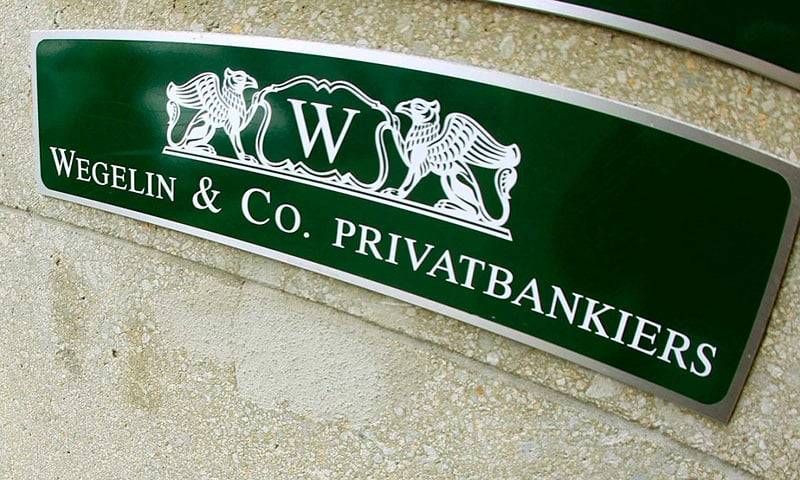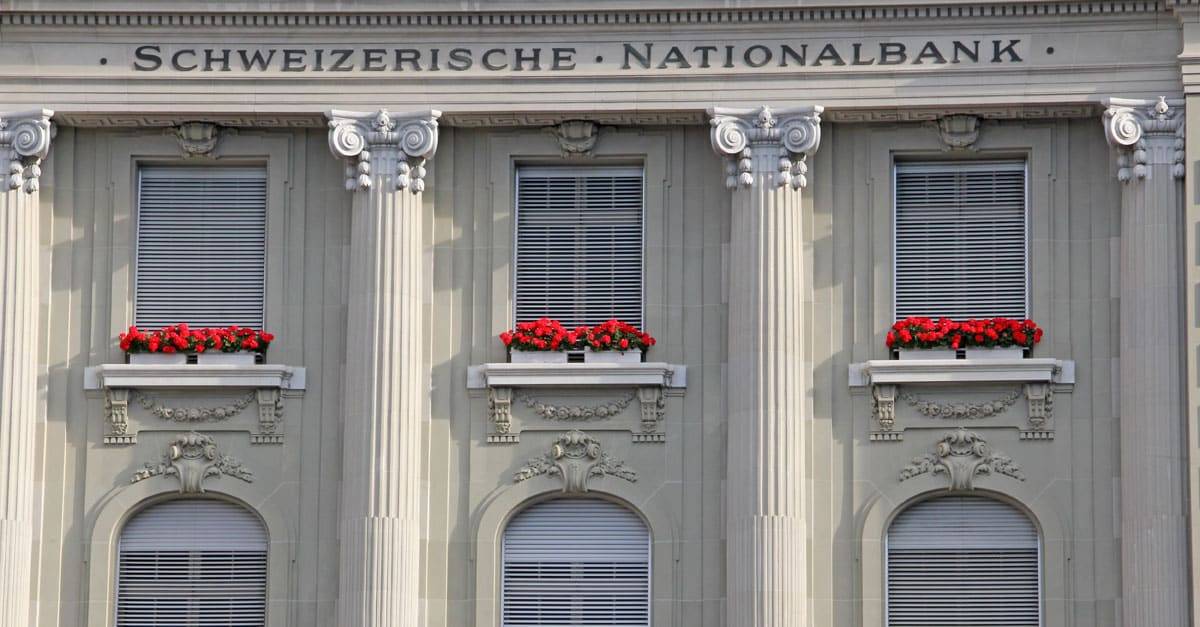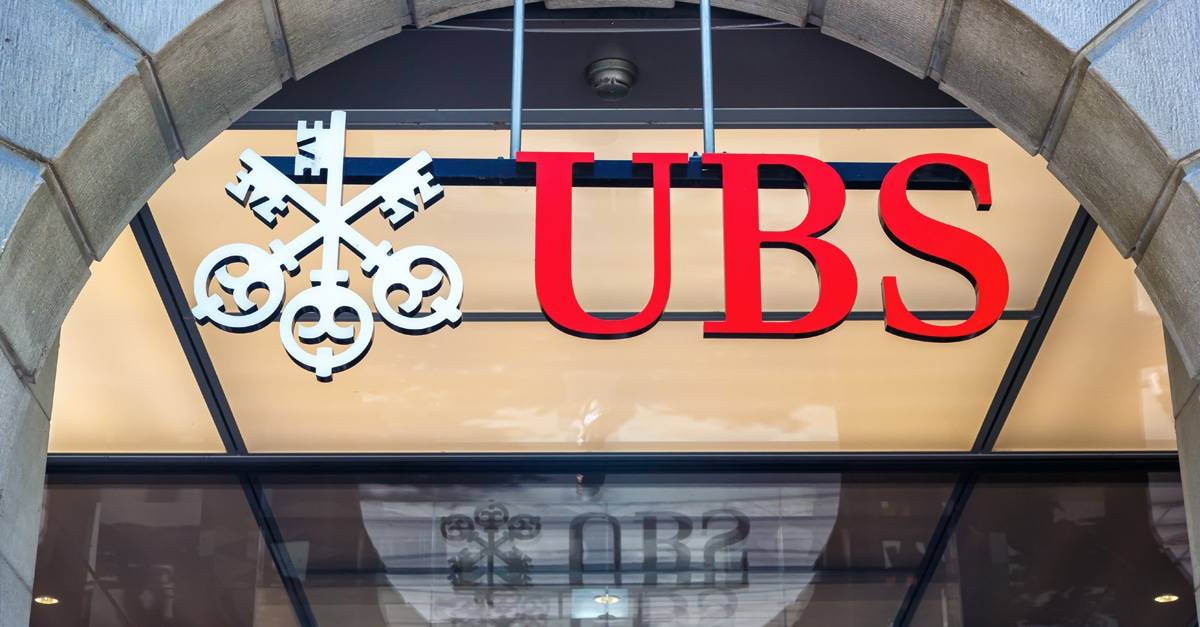Founded by linen-cloth merchant Caspar Zyli under the name Linen Cloth Trade and Forwarding Agency in 1741, the bank was later renamed by incorporating the name of Zyli’s nephew Emil Wegelin-Wild as Wegelin & Co. Located in St. Gallen, the company provided banking services and asset management from the beginning.

Source: www.thisismoney.co.uk
Private Ownership and Assets Management
The bank grew from a small bank with only 30 employees in 1990 to 700 employees and 13 offices as of 2011. In the bank´s new history, many employees came from the local University of St. Gallen, which had a good relationship with the bank. By 2003, the firm was privately owned by five people and remained private as of January 2012. New offices were opened in Zurich (1998), Lugano (2000), Bern (2002), Basel, Geneva, and Locarno (all 2007), Chur (2009), Luzern (2010), Winterthur (2011), and other cities.
In 2008, the firm was listed as an organisation whose size and manner of organisation suited the description of “boutique personal wealth management”. Wegelin & Co. was relatively small and accordingly operated within a specialised niche market. The bank managed client assets of over CHF 24 billion (figures dated to January 2012), and according to another source, it was also managing CHF 3 billion in pensions and money from private clients.
Elevate Your Wealth Game: Empowering UHNWIs for Simplified Asset Management. Altoo Platform Preview
Loss of Confidence and Closing
The beginning of 2013 marked the end of Wegelin & Co. Bank. In January 2013, their managers admitted to a US court that they had leaked approximately CHF 1.2 billion in customer funds to the U.S. fiscal system. The bank acknowledged that more than 100 American citizens had hidden the money for almost 10 years. Otto Bruderer, a managing partner at the bank, said in court that “Wegelin was aware that this conduct was wrong.” He said that “from about 2002 through about 2010, Wegelin agreed with certain U.S. taxpayers to evade the US tax obligations of these US taxpayer clients, who filed false tax returns with the Internal Revenue Service.” It was the first non-American bank to plead guilty to money laundering and tax evasion charges in the United States.
The loss of confidence in the company was apparently too great to carry on doing business under this name. The amount of CHF 1.2 billion was not even 5% of the total assets managed. “The bank has wasted its existence for a pimp,” judged the Neue Zürcher Zeitung sharply, blaming the bank in the wider sense of poor risk management in its own house.
Although the bank’s practice is legal under Swiss law, the bank agreed to pay USD 57.8 million in fines to US authorities: USD 20 million went as compensation to the US fiscal, and USD 22 million has to pay Wegelin & Co. a fine. The remaining USD 15.8 million is intended to cover profits that the company illegally imported with the hidden funds. At about the same time that the plea agreement was announced, Wegelin & Co. declared that it would close.
Notenstein Private Bank and Raiffeisen Banking Group
At the beginning of 2012 the bank managed to transfer most of its business activities and employees to a legally different entity, Notenstein Privatbank. It was established by Wegelin & Co. as a subsidiary in 1968, but legally distinct. Almost all non-American customer funds were transferred, amounted to approximately CHF 21 billion.
This subsidiary was also based in the same Nothveststein building, as the Wegelin & Co.’s employees were. The Notenstein Privatbank continues to operate from the former Wegelin & Co. headquarters with Wegelin’s former employees. The co-operative Raiffeisen banking group then acquired most of the new Notenstein Private Bank.
American investigators see the verdict as a breakthrough in the fight against Swiss banking secrecy. Investigations against Swiss financial institutions began in 2007 with the investigations against the UBS. In addition to the aforementioned banks, Credit Suisse, among others, was at the crossroads of the investigation.













